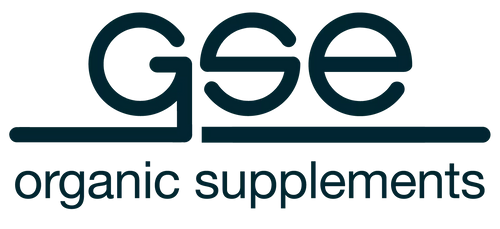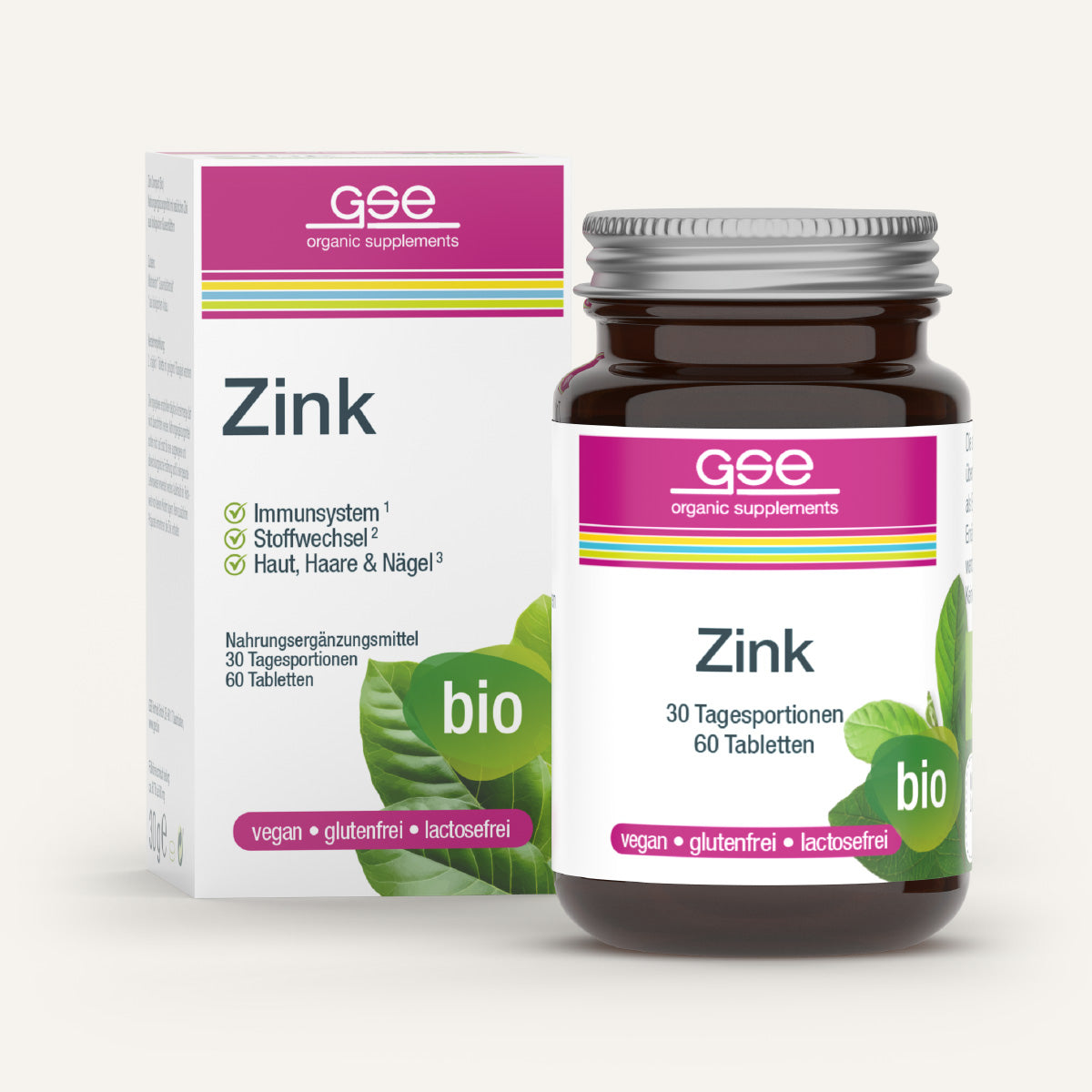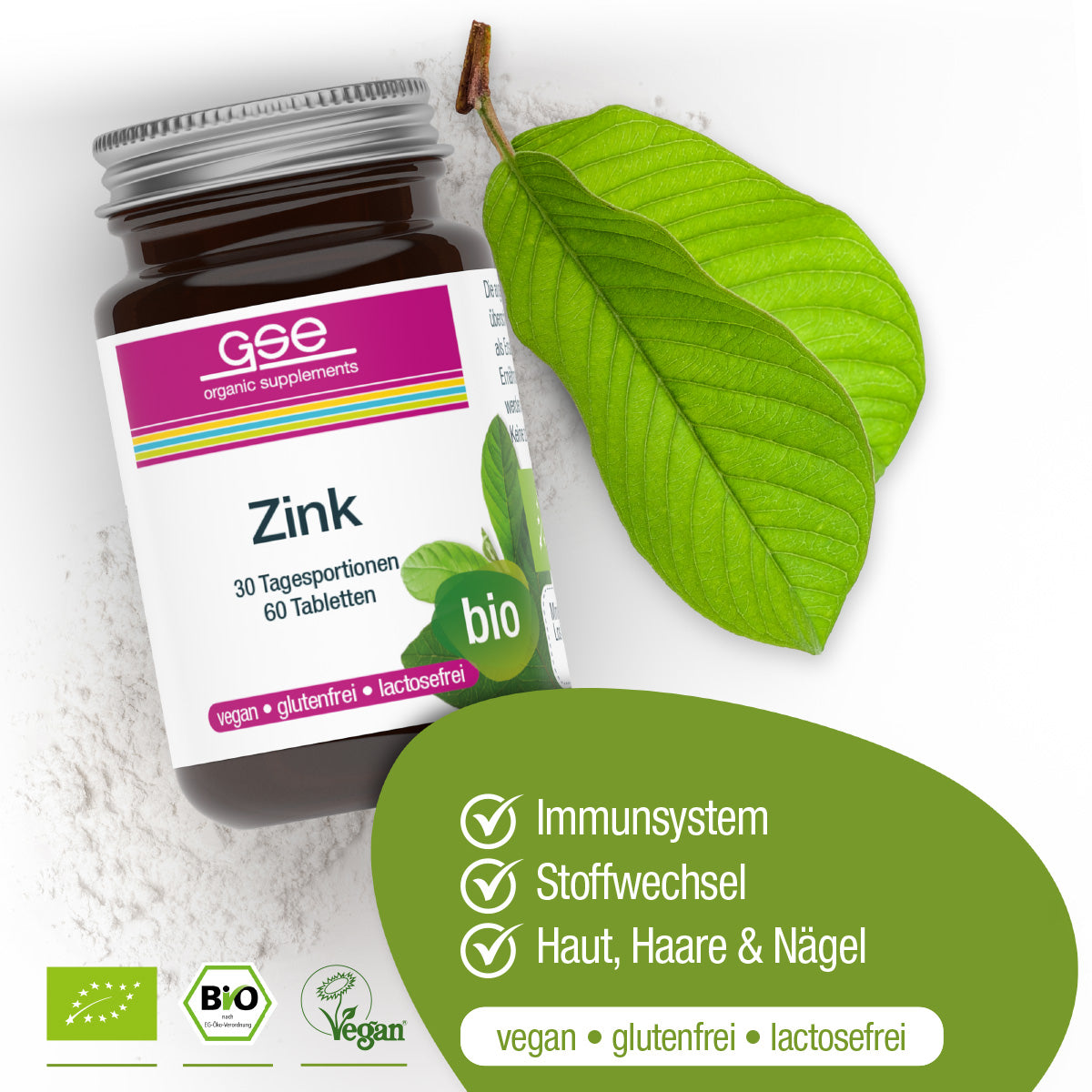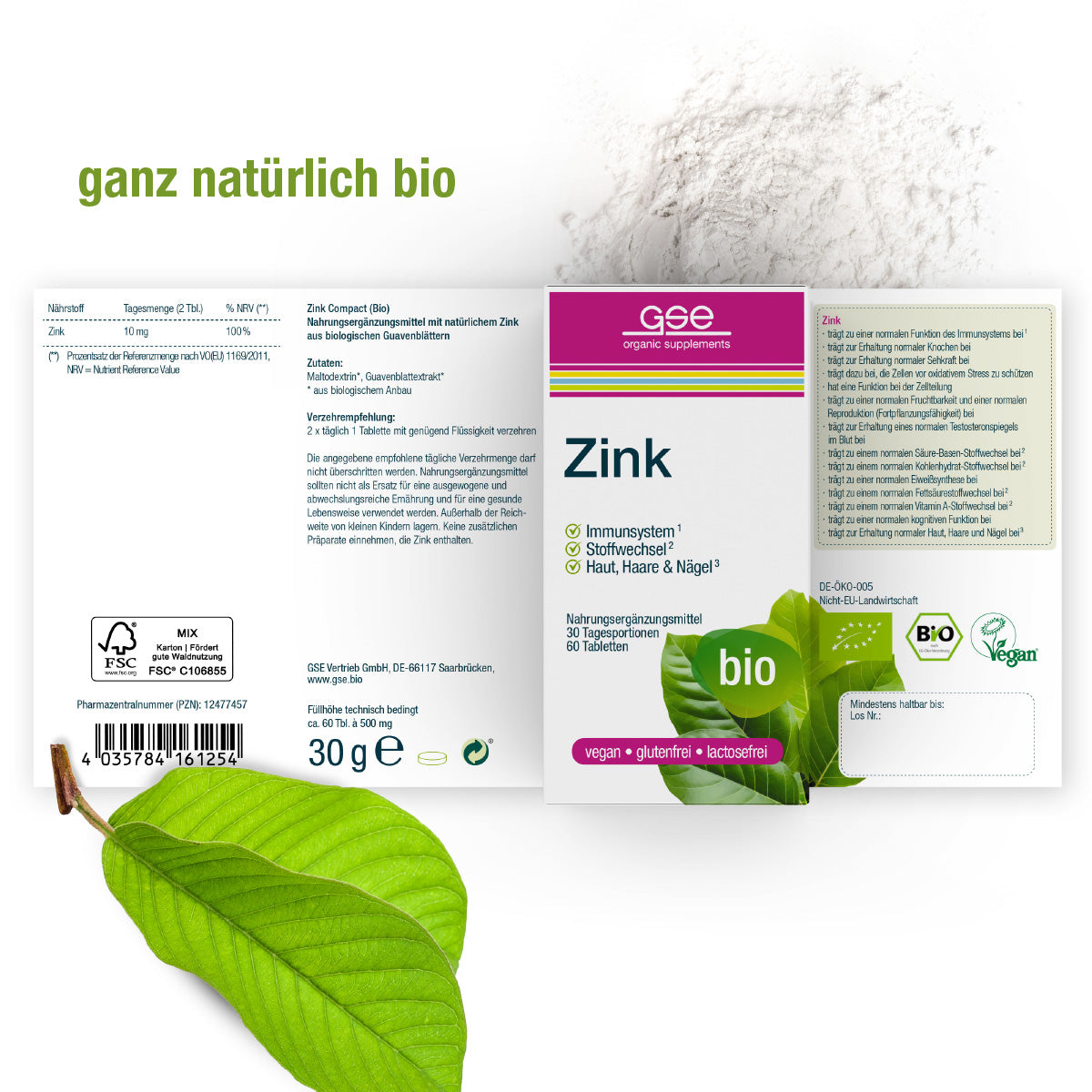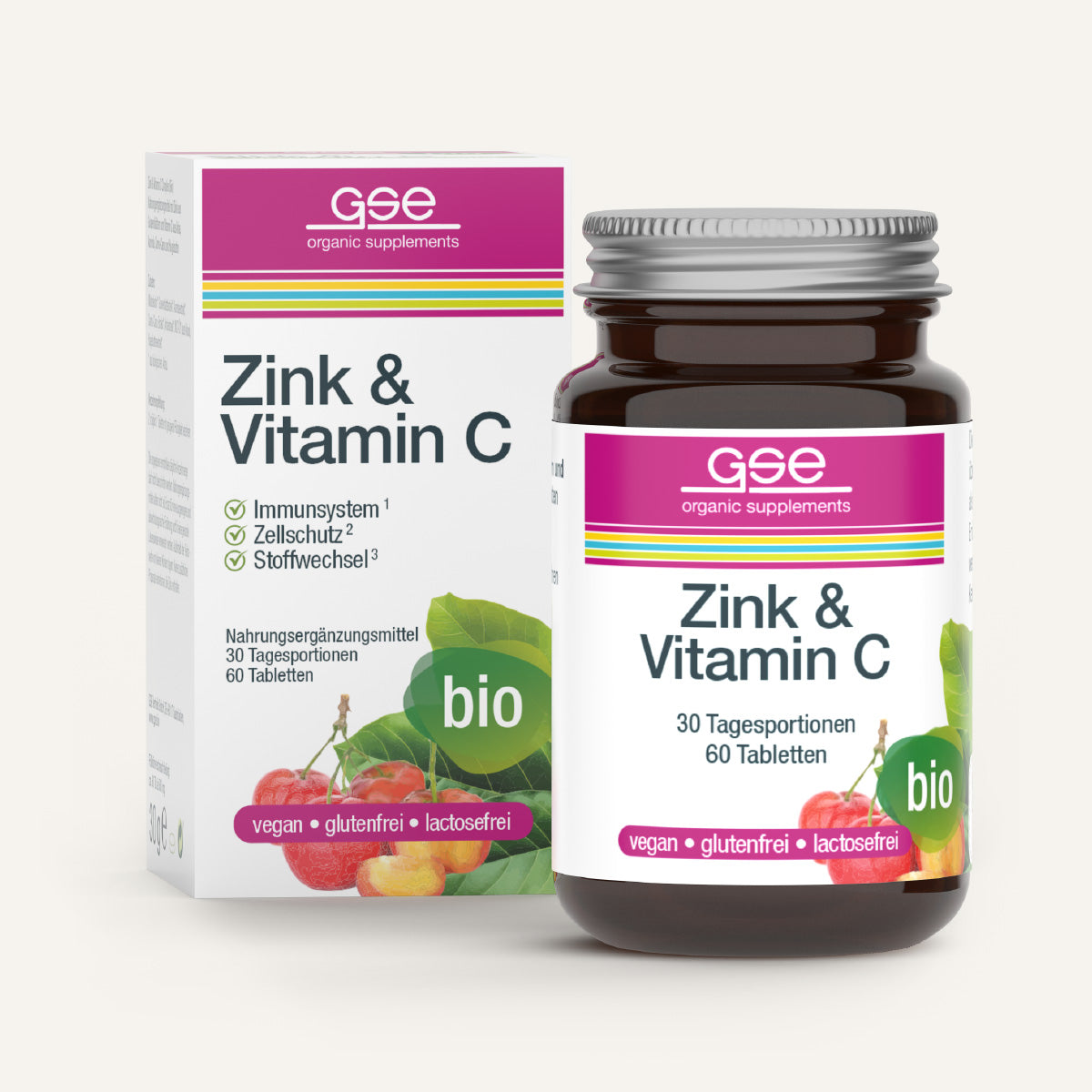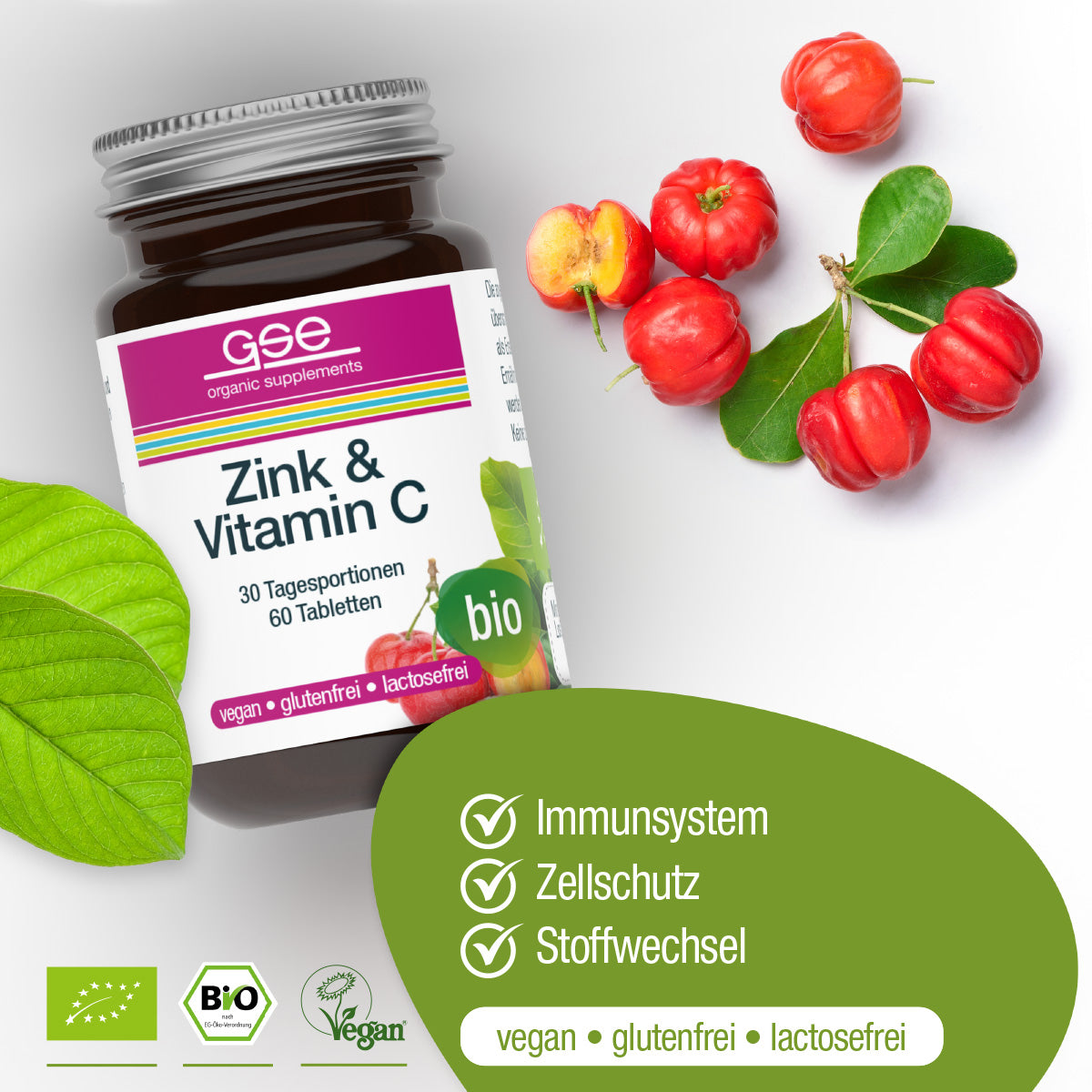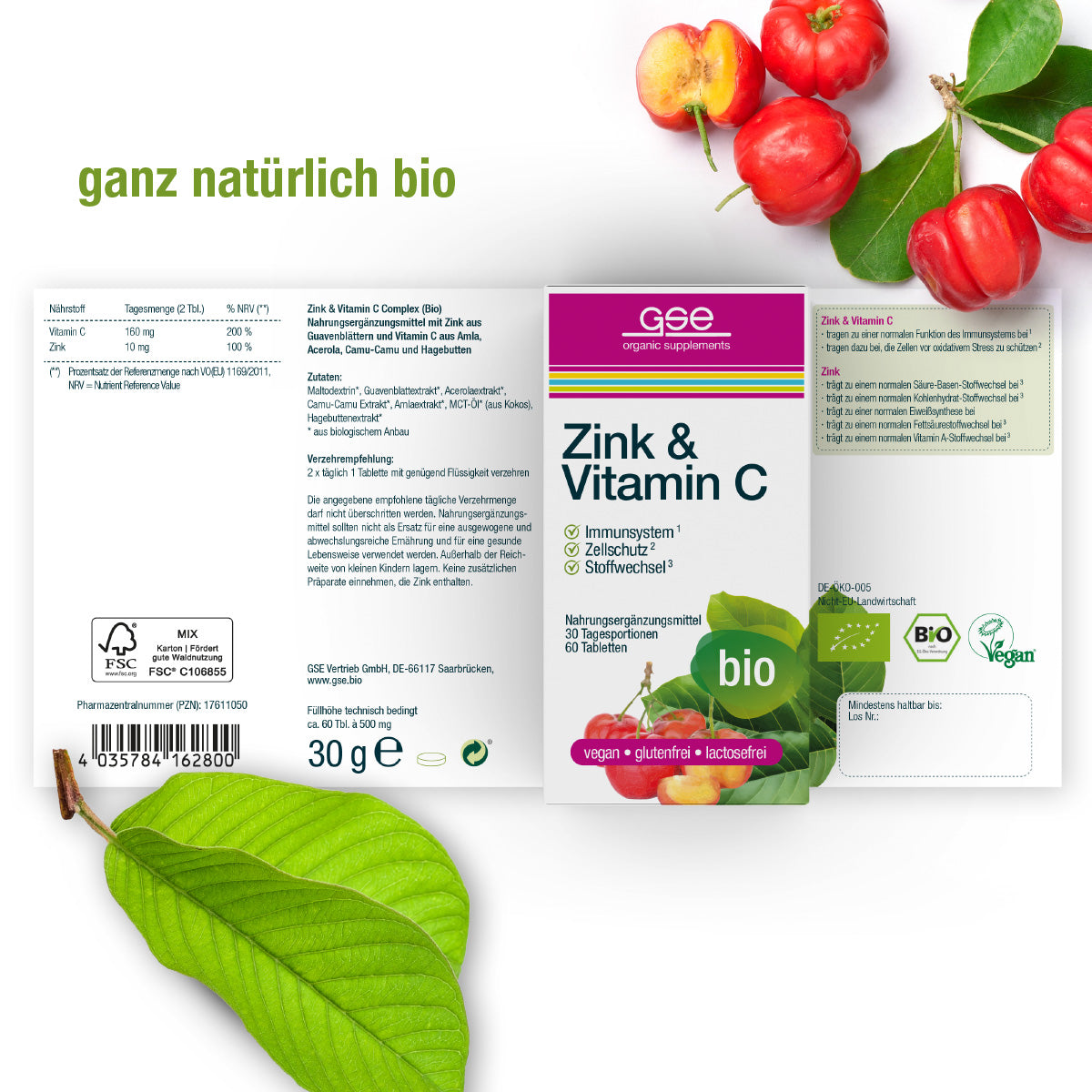
Bio-Zink
Das Spurenelement für Immunsystem, Schönheit & Co.
Ohne Zink geht fast gar nichts
Zink ist an zahlreichen enzymatischen Reaktionen des Organismus sowie an Eiweißsynthese, Zellschutz und Zellteilung beteiligt. Damit ist das Spurenelement unverzichtbar für Körperfunktionen wie Immunsystem, Stoffwechsel, Kognition, Sehkraft, Fruchtbarkeit und viele mehr. Sichtbar trägt es außerdem zum Erhalt von Haut, Haaren und Nägeln bei. Weil der menschliche Organismus Zink weder selbst herstellen noch länger speichern kann, muss die tägliche Ernährung ausreichende Mengen davon enthalten. Menschen, die unter großem Stress stehen, schwangere oder stillende Frauen, Kinder und Jugendliche im Wachstum, Paare mit Kinderwunsch sowie Senioren haben einen erhöhten Bedarf.
Pflanzliche Zinkquellen sind rar
Erwachsene sollten laut der Europäischen Behörde für Lebensmittelsicherheit (EFSA) rund 10 mg Zink pro Tag zu sich nehmen. Der exakte individuelle Bedarf hängt u.a. davon ab, wie viel Phytat gleichzeitig auf dem Teller landet. Dieses hemmt nämlich die Zinkaufnahme – und steckt leider hauptsächlich in pflanzlichen Nahrungsmitteln, die an sich sehr gute Zinklieferanten sind, darunter Vollkorngetreide, Hülsenfrüchte und Nüsse. Gut zu wissen: Maßnahmen wie Sauerteiggärung, Keimen oder Einweichen verringern den Phytatgehalt und sind deshalb anzuraten! Zink aus tierischen Quellen wie Fleisch, Eiern und Milchprodukten kommt für vegetarisch und vegan lebende Personen nicht in Frage, weshalb diese ein größeres Zinkmangel-Risiko haben. Hier sind gute Nahrungsergänzungsmittel wie Zink Compact von GSE eine sichere Option.
100% pflanzliches Zink aus Bio-Guavenblättern
Wer auf tierische Lebensmittel verzichtet, Unverträglichkeiten hat oder sich sehr phytatreich ernährt (s.o.), muss seinen Zinkbedarf aus anderen Quellen decken. GSE setzt hierfür Guavenblätter aus biologischem Anbau ein, die von Natur aus relevante Mengen des Spurenelements in optimal bioverfügbarer Form enthalten.
Idealpartner Vitamin C
Zur Unterstützung der immunologischen Effekte von Zink (z.B. in der kalten Jahreszeit) ist es sinnvoll, das Augenmerk auch auf Vitamin C zu richten. Dies erreicht man entweder durch die gezielte Integration von viel Vitamin-C-reicher Frischkost oder ein entsprechendes Kombi-Nahrungsergänzungsmittel wie Zink & Vitamin C Complex von GSE. Vitamin C bringt als optimaler Zink-Partner stark antioxidative (zellschützende) Eigenschaften mit ein und trägt außerdem zu einem normalen Energiestoffwechsel und Nervensystem sowie einer normalen Kollagenbildung bei. Wichtig ist es auch für die Versorgung mit Eisen, dessen Aufnahme sich in Anwesenheit von Vitamin C deutlich verbessert.
EFSA* Health Claims für Zink:
- Zink trägt zu einer normalen Funktion des Immunsystems bei
- Zink trägt zur Erhaltung normaler Haut, Haare & Nägel sowie Knochen bei
- Zink trägt zu einer normalen kognitiven Funktion bei
- Zink trägt dazu bei, die Zellen vor oxidativem Stress zu schützen
- Zink trägt zur Erhaltung normaler Sehkraft bei
- Zink hat eine Funktion bei der Zellteilung und trägt zu einer normalen Fruchtbarkeit und Reproduktion (Fortpflanzungsfähigkeit) sowie zur Erhaltung eines normalen Testosteronspiegels im Blut bei
- Zink trägt zu einer normalen Eiweißsynthese sowie einem normalen Säure-Basen-, Kohlenhydrat-, Fettsäure- und Vitamin-A-Stoffwechsel bei
EFSA* Health Claims für Vitamin C:
- Vitamin C trägt zu einer normalen Funktion des Immun- und Nervensystems sowie der Psyche bei
- Vitamin C trägt dazu bei, die Zellen vor oxidativem Stress zu schütze
- Vitamin C trägt zur Verringerung von Müdigkeit und Ermüdung sowie einem normalen Energiestoffwechsel bei
- Vitamin C erhöht die Eisenaufnahme
- Vitamin C trägt zu einer normalen Kollagenbildung für eine normale Funktion der Blutgefäße, der Knochen, der Knorpel, des Zahnfleischs, der Haut und der Zähne bei
- Vitamin C trägt zur Regeneration der reduzierten Form von Vitamin E bei
*EFSA = Europäische Behörde für Lebensmittelsicherheit
